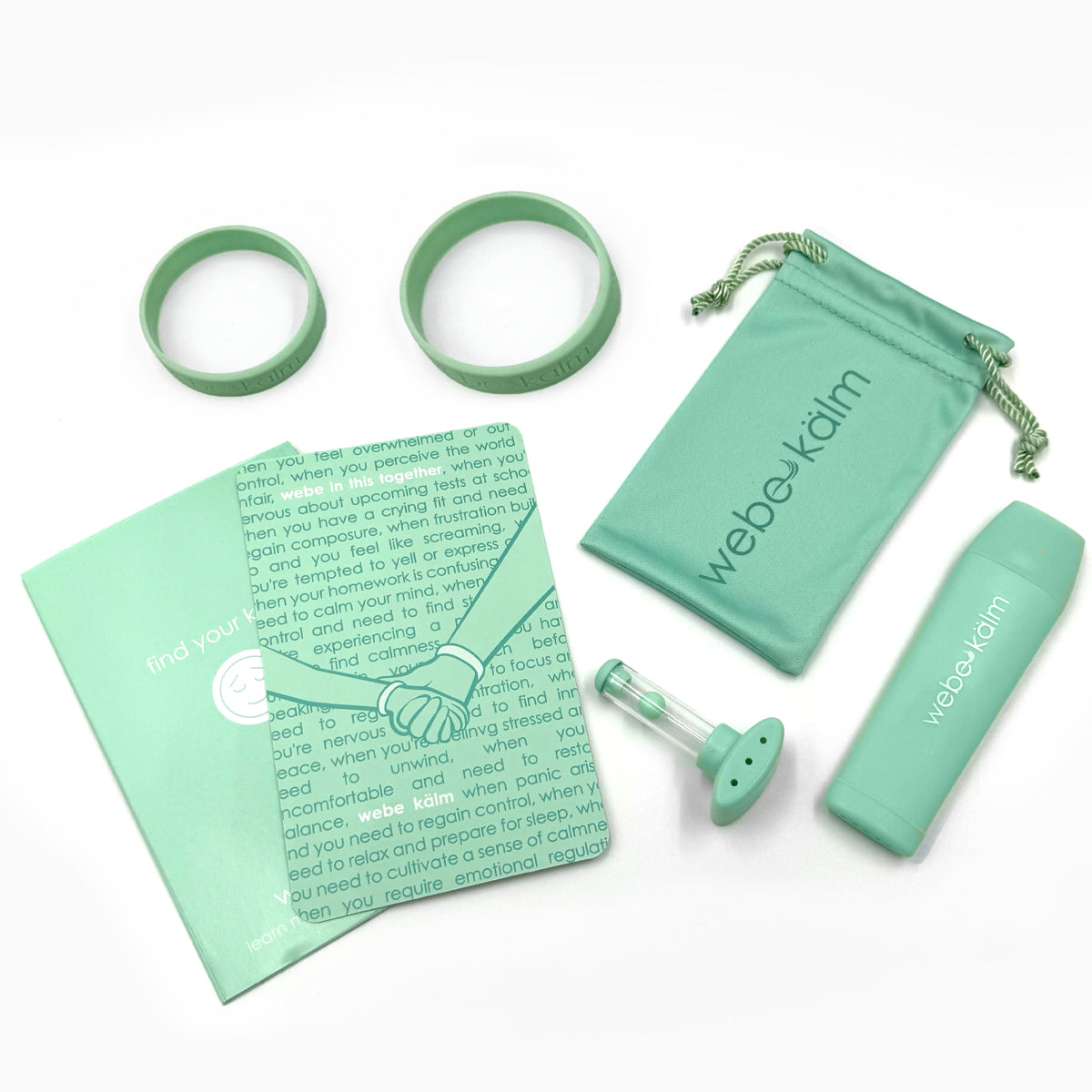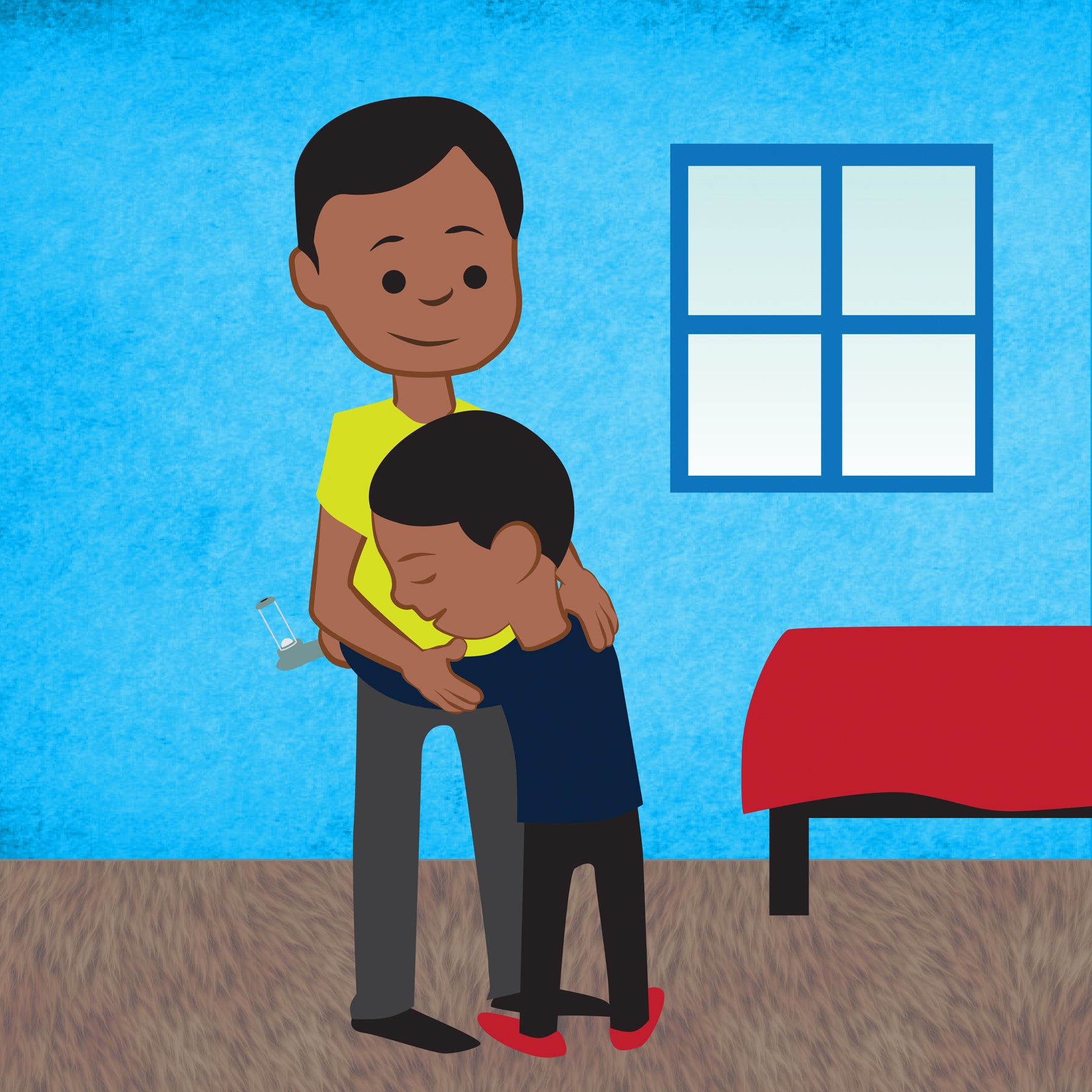I am really struggling with supporting my 10 year old daughter and working through uncomfortable situations. She is so bright and talented and at the same time super lazy. The minute anything seems to get “too hard” or uncomfortable she just stops trying and gives up. For example, playing piano was fun when the songs were easy and she didn’t have to practice much. But as the songs got harder and required more time practicing, she no longer wanted to take lessons. Or she is in a theater group and although she has a natural affinity for the stage, she refuses to try out for the major roles because they have too many lines. One more is her discomfort with dirt. She refuses to have anything to do with things she deems as “dirty.” So, she will not go camping, hiking, or garden. These are just a few of many such situations and I get so frustrated! How do I get her to be more comfortable with discomfort?
Sandy
Dear Sandy,
Your heartfelt concern for your daughter shines through in your message. It’s clear that you deeply appreciate her brightness and talent, and it’s equally clear that you are seeking ways to gently guide her towards embracing challenges and discomfort.
It’s not uncommon for children, especially those as gifted as your daughter, to shy away from full engagement with more demanding tasks or situations. Yet, as a parent, it can be frustrating to see your child avoid such opportunities for growth. It’s a delicate balance to maintain: encouraging her to stretch her capabilities while also respecting her comfort levels.
Sometimes what appears as “laziness” is actually a fear of failure or a lack of confidence. Invite open conversations where you come from curiosity rather than fear and judgment. Acknowledge any feelings and apprehensions that come up. For example if she was indeed afraid of failure you could acknowledge that trying new things and facing challenges can be really scary, especially when you are worried about doing it perfectly. Maybe even offer reassurance that we all feel scared sometimes and that your wish for her is that she focus on trying and learning, not being perfect. Let her know that it is absolutely okay to make mistakes and that you will be there to support her every step of the way.
Children often learn by example, so share any experiences you have had with discomfort and how you overcame them. Hearing about your resilience facing challenges may inspire your daughter to do the same. Together, you can explore creative solutions to navigate her discomforts. With dirt, maybe she can start with activities that involve minimal contact, like potting plants or walking in an open field. As she becomes more comfortable, you can try increasing her exposure.
Another consideration in her pursuit of perfection is that she might have an all or nothing approach to challenges. Either she masters piano or she doesn’t do it at all. Encourage her to take incremental steps towards her goals. With piano, for example, she can break her practice into smaller more manageable sections that can make the process significantly less daunting and more rewarding. If that resonates with her she can do the same for a bigger theater role - learning her lines in smaller segments versus the whole show at once. You can further support these efforts by recognizing and celebrating the effort she is putting into her activities, rather than focusing on the end result. This can help her strengthen a growth mindset that places value on the learning journey instead of on successes or failures.
Asking your daughter if she has a desire to build more resilience is a helpful exploration to pursue together with her, as a genuine curiosity will tend to your quality of connection. The key is to have her hear your desire to contribute to her wellbeing not to pressure or criticize her in any way. If she can connect to your heartfelt intentions she may then be open to encouragement and even enlist your collaboration to help her cultivate these important life skills.
Remember as you go that your unwavering support and understanding are the cornerstones of your daughter’s ability to face and overcome her fears. By walking alongside her with empathy and patience you are helping to build the resilience she needs to step into challenges and discomfort with confidence.
Good luck to you and remember, webe in this together!
Best wishes,
webe













Leave a comment
All comments are moderated before being published.
This site is protected by hCaptcha and the hCaptcha Privacy Policy and Terms of Service apply.